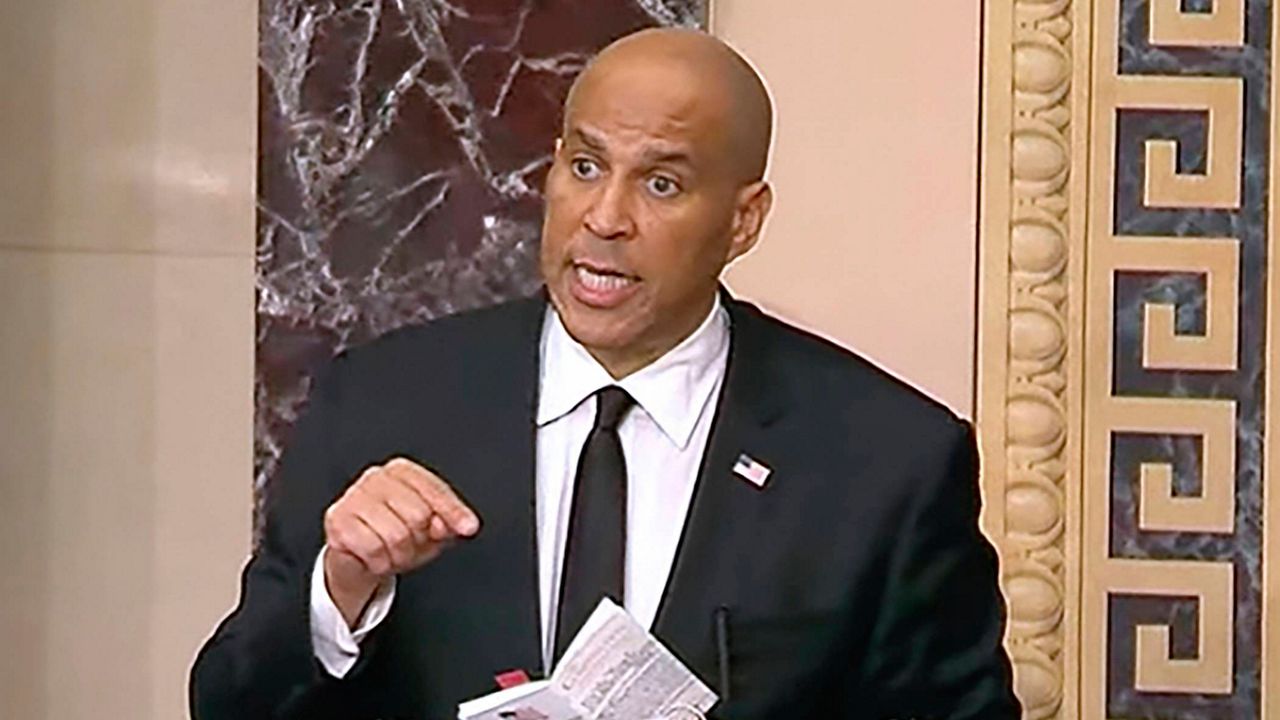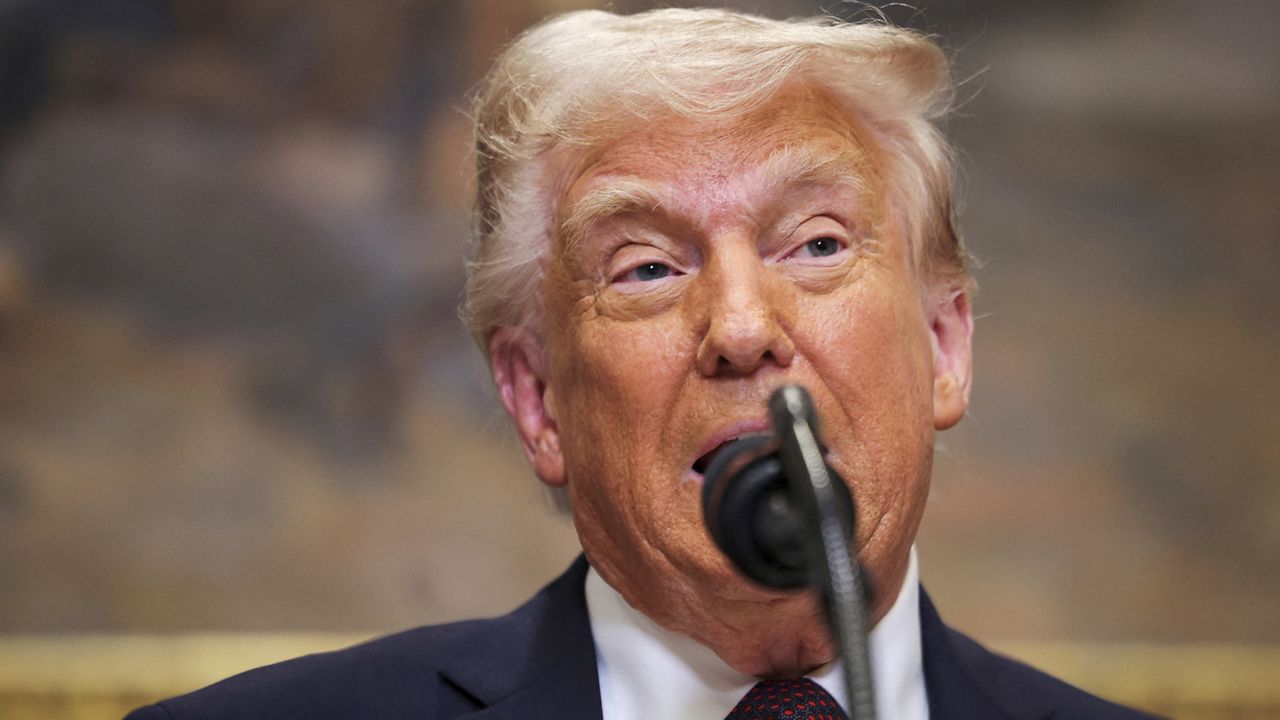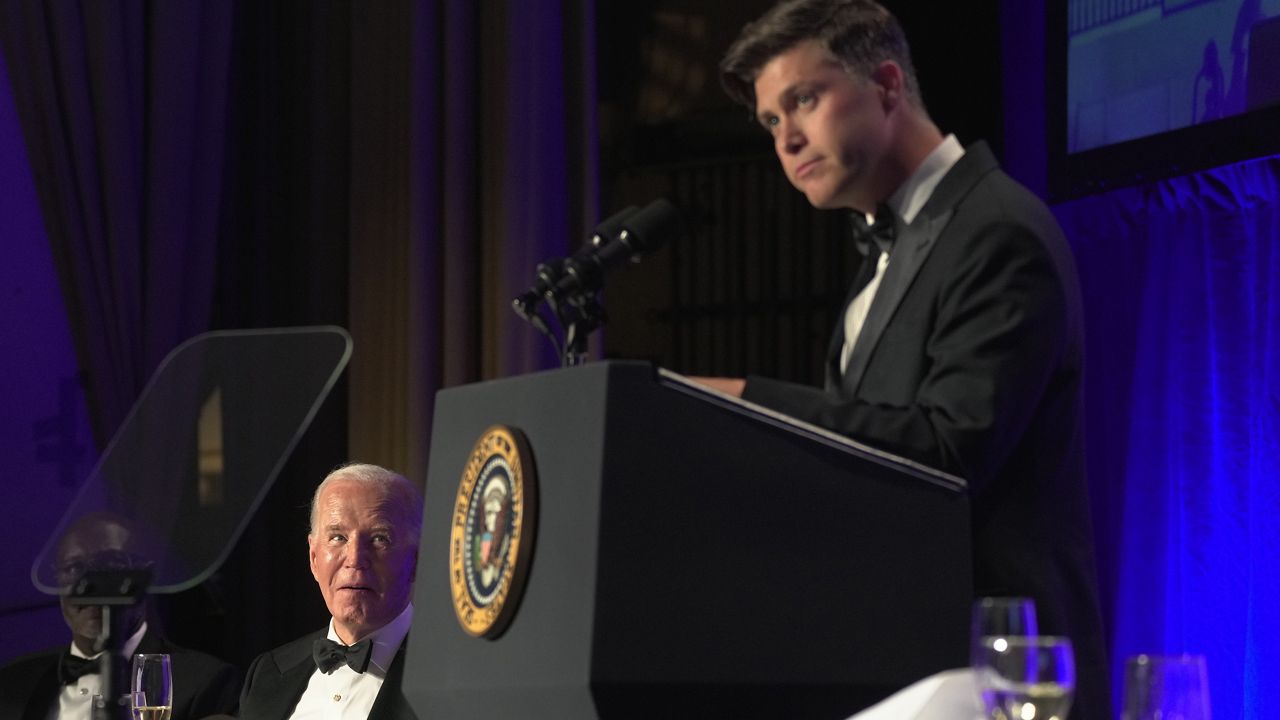The clock is ticking for lawmakers to pass a new federal budget following their last-minute deal to raise the nation's borrowing limit.
"We have a real challenge on hand here because the Senate is marking up at a level of the top level of the agreement… and the House members are marking their appropriation bills at a level that they say was a ceiling that wasn't that wasn't necessarily a floor," Bill Hoagland, vice president at the Bipartisan Policy Center, told Spectrum News.
A budget deal must be reached by Sept 30. to avoid a government shutdown, unless a stopgap funding measure is agreed upon.
"History would suggest that this is probably headed toward, as I say, another potential government shutdown, but for simply funding the government, not a default, just simply that would not be able to fund a number of these agencies," Hoagland said. "And that this will go all the way into a time of snowflakes falling in December before we actually get an agreement done. If we get one done, then."
"As we start getting to the end of the fiscal year, we might do a continuing resolution, and I do think the most likely outcome is we end up with an omnibus at year's end," said Marc Goldwein, senior vice president and senior policy director at the Committee for a Responsible Federal Budget.
In addition to adopting a budget, Congress is also working on other measures, like the Farm Bill and National Defense Authorization Act.
"On top of just getting the appropriation bills done, they're going to need to do the defense reauthorization and annual reauthorization bill," Hoagland said. "They are working on a Farm Bill. It has to be done this year. There is funding for our airports and airways. It needs to get done."
The last government shutdown occurred under former President Donald Trump from Dec. 2018 to Jan. 2019.




?wid=320&hei=180&$wide-bg$)




